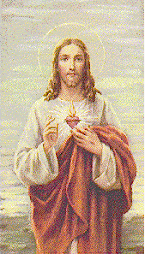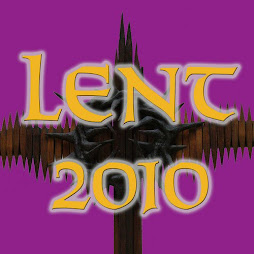
The following is Excerpt 2:
Why Does the Church Teach About Issues Affecting Public Policy?
9. The Church’s obligation to participate in shaping the moral character of society is a requirement of our faith. It is a basic part of the mission we have received from Jesus Christ, who offers a vision of life revealed to us in Sacred Scripture and Tradition. To echo the teaching of the Second Vatican Council: Christ, the Word made flesh, in showing us the Father’s love, also shows us what it truly means to be human (see Gaudium et Spes, no. 22). Christ’s love for us lets us see our human dignity in full clarity and compels us to love our neighbors as he has loved us. Christ, the Teacher, shows us what is true and good, that is, what is in accord with our human nature as free, intelligent beings created in God’s image and likeness and endowed by the Creator with dignity and rights.
10. What faith teaches about the dignity of the human person and about the sacredness of every human life helps us see more clearly the same truths that also come to us through the gift of human reason. At the center of these truths is respect for the dignity of every person. This is the core of Catholic moral and social teaching. Because we are people of both faith and reason, it is appropriate and necessary for us to bring this essential truth about human life and dignity to the public square. We are called to practice Christ’s commandment to “love one another” (Jn 13:34). We are also called to promote the well-being of all, to share our blessings with those most in need, to defend marriage, and to protect the lives and dignity of all, especially the weak, the vulnerable, the voiceless. In his first encyclical letter, Deus Caritas Est, Pope Benedict XVI explained that “charity must animate the entire lives of the lay faithful and therefore also their political activity, lived as ‘social charity’” (no. 29).
11. Some question whether it is appropriate for the Church to play a role in political life. However, the obligation to teach about moral values that should shape our lives, including our public lives, is central to the mission given to the Church by Jesus Christ. Moreover, the United States Constitution protects the right of individual believers and religious bodies to participate and speak out without government interference, favoritism, or discrimination. Civil law should fully recognize and protect the Church’s right, obligation, and opportunities to participate in society without being forced to abandon or ignore its central moral convictions. Our nation’s tradition of pluralism is enhanced, not threatened, when religious groups and people of faith bring their convictions and concerns into public life. Indeed, our Church’s teaching is in accord with the foundational values that have shaped our nation’s history: “life, liberty, and the pursuit of happiness.”
12. The Catholic community brings important assets to the political dialogue about our nation’s future. We bring a consistent moral framework—drawn from basic human reason that is illuminated by Scripture and the teaching of the Church— for assessing issues, political platforms, and campaigns. We also bring broad experience in serving those in need—educating the young, caring for the sick, sheltering the homeless, helping women who face difficult pregnancies, feeding the hungry, welcoming immigrants and refugees, reaching out in global solidarity, and pursuing peace.



























